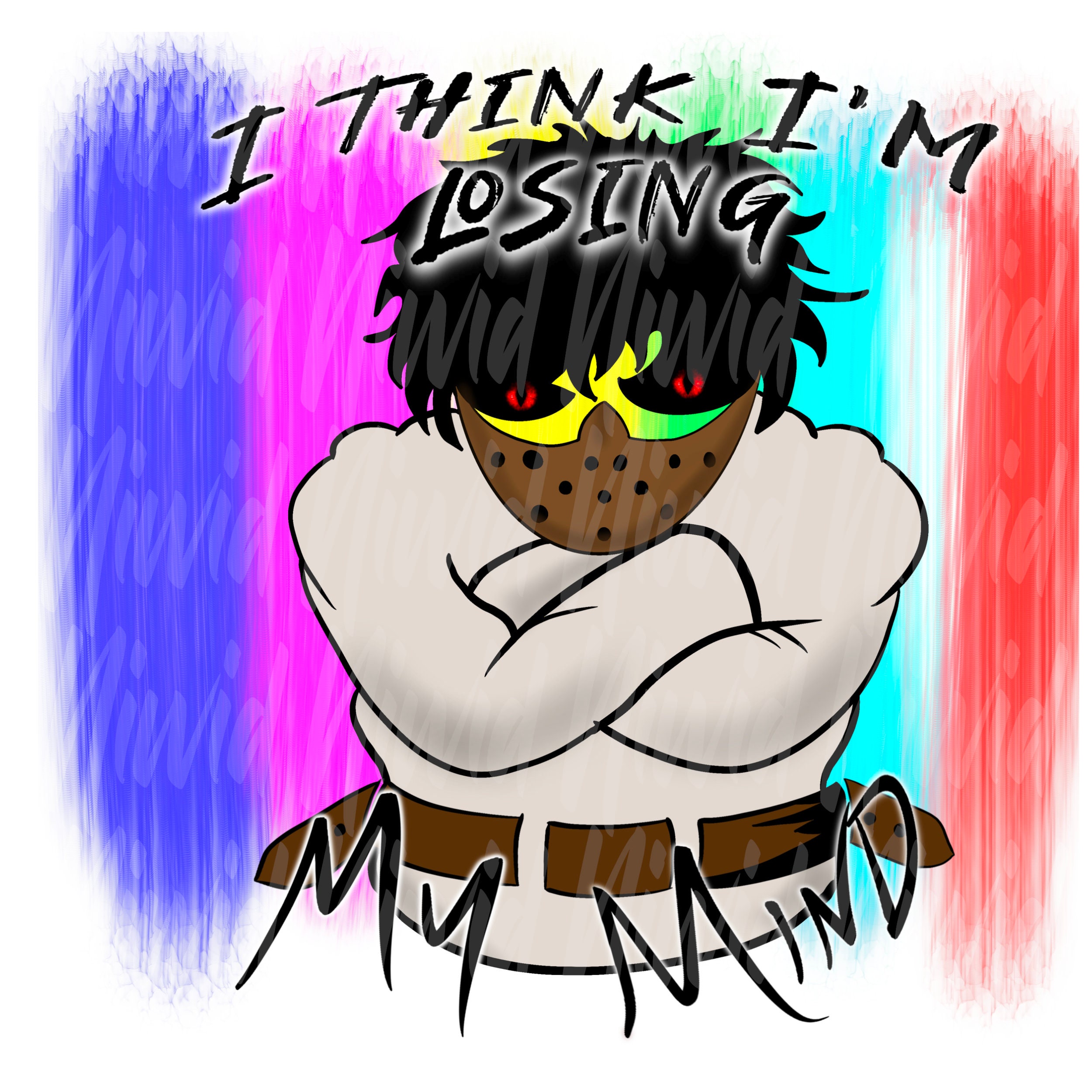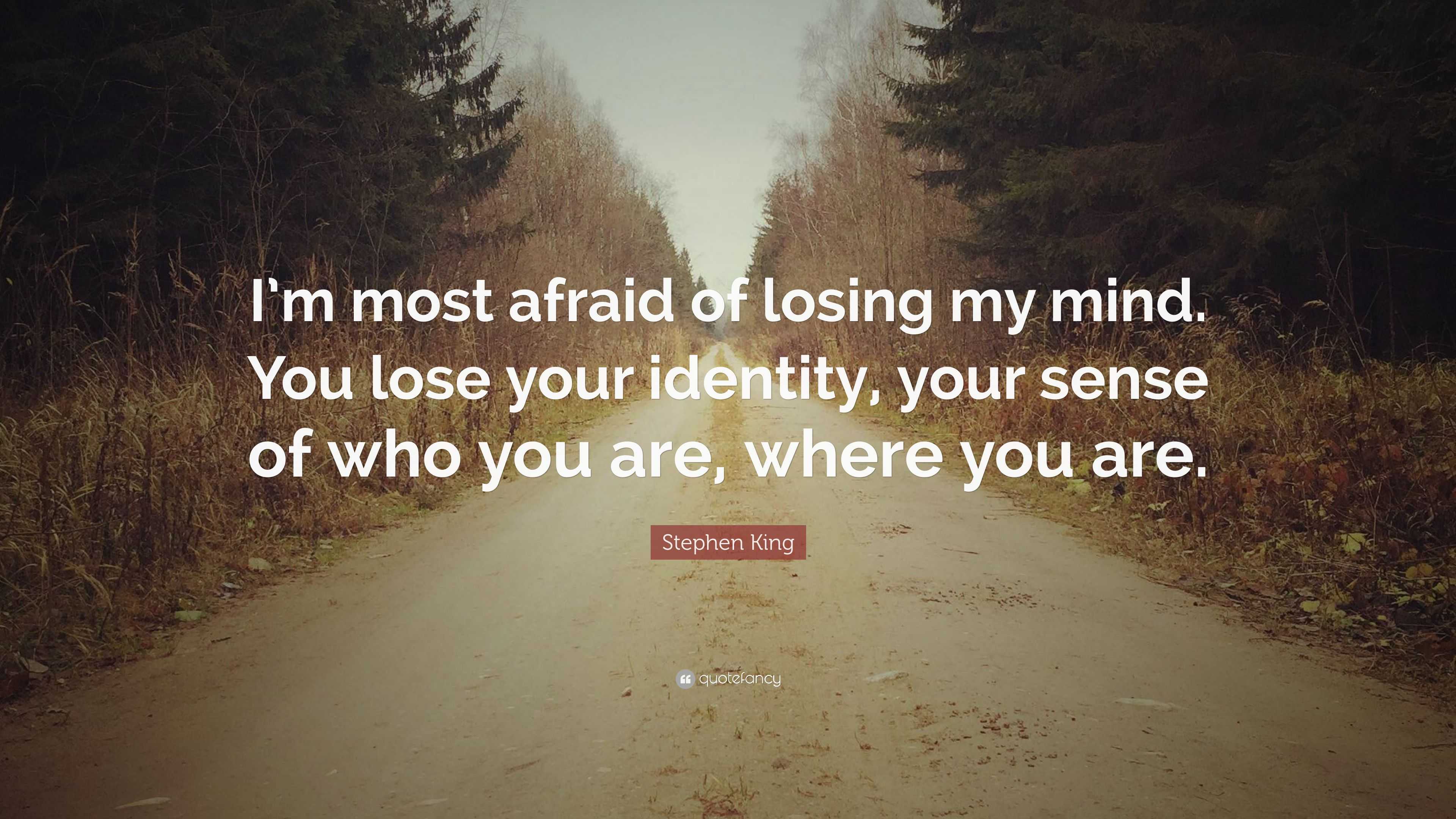

She was mean to her beloved grandkids, and rude to medical personnel who tried to help her. She got lost, urinating on herself, eventually hitching a ride home to a house she couldn’t recognize or point out to the driver. One day, she tried to walk home alone from a supermarket. She was angry, cranky, demanding, insistent, unreasonable, intolerant, and sometimes a danger to herself and others. But after she was diagnosed with brain cancer in 2015 and began taking medications to deal with the illness, she became someone else-and not someone she liked.

For most of her adult life, she was an energetic, determined, ambitious researcher, devoted to her work, family, and running marathons. Lipska’s personal experience transformed the way she thinks about mental health and mental illness, as she writes in her book. It’s an illness like any other, we just don’t understand it.”

“But no one is guilty because they’re mentally ill,” Lipska says. Sometimes the show is no good, and it loses its director altogether. But as she explains in her book The Neuroscientist Who Lost Her Mind: My Tale of Madness and Recovery, published in April 2018, part of the solution lies in ceasing to distinguish between mental and physical problems. Lipska believes the world can get better at treating mental illness. Because mental health services are “routinely worse than the quality of those for physical health…all countries can be thought of as developing countries” in this regard, write the global experts in The Lancet. Yet few resources are devoted to this critical aspect of health, and the result is a global crisis-a “monumental loss in human capabilities” that will cost $16 trillion by 2030, according to the report. 9 report in The Lancet medical journal by 28 global experts. Worldwide, one in every four individuals will suffer from a mental health condition in their lives, according to an Oct. Let yourself be so gentle with yourself.In the US alone, one in every five adults, or more than 43 million people, experience mental illness in any given year, according to the National Alliance on Mental Illness. Imagine the way a mother doe nuzzles her young. Imagine yourself as a child, and be kind to yourself, take care of those pains and fears with gentle attention. Nobody can take the purity of being away from you, so even if it hurts, it's still something true to see and feel.

Thinking hasn't helped so far, it's usually frustrating and useless to try and think your way out of emotion, so just feel that pain and fear, and maybe you'll catch a glimmer of you as a simple, suffering, pained being. Sure, other people and situations may have triggered them, but close your eyes and just feel them, these burning things inside you, and everytime your mind comes up to make some commentary, just try to let the thought go. Our tendency is typically to try and avoid pain, but close your eyes and dive right in. Try being kind to yourself, to those burning, bitter pains. If it doesn't, you may be like I am at times and have some scorching deep pains and fears - so deep it's hard to even grasp or care to grasp at what they are. I agree with the others about taking it out.


 0 kommentar(er)
0 kommentar(er)
